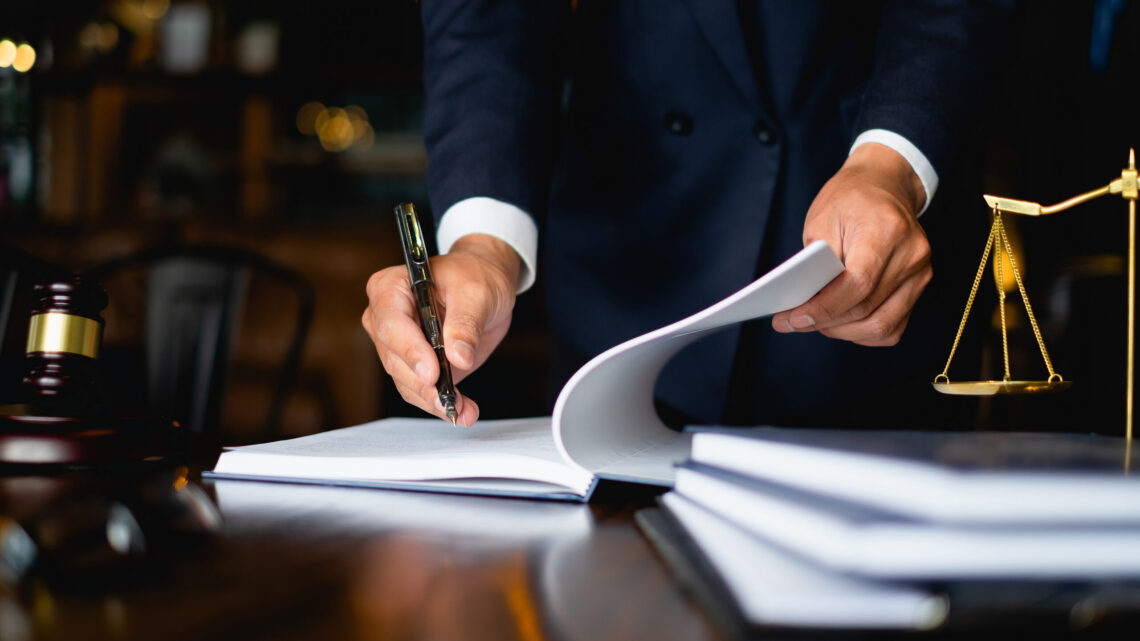
How Do Litigation and Trial Practice Work?
Many people have to deal with litigation disputes nowadays. If pre-lawsuit negotiations fail, plaintiffs, move to the court to file lawsuits. Plaintiffs and defendants hire lawyers to represent them in court. These professionals manage all phases of litigation and trial practice to deliver the best results for their clients.
Pre-litigation Negotiations
Many disputes are negotiated and settled between the two parties. However, formal negotiations are essential for some contracts before filing a lawsuit. One good example is residential real estate contracts. The plaintiff and defendant must explore the possibilities of mediation before moving forward to file a lawsuit.
Filing a Lawsuit
If you have a real estate issue to be settled, you must hire a trusted real estate attorney Los Angeles to discuss the litigation process. The attorney initiates a lawsuit by submitting the mediation statement and petition. Your petition contains a detailed summary of the facts and a formal request to the court to take the necessary action.
Litigation attorneys draft various pretrial motions to protect the interests of their clients, including the ones to change the trial location, dismiss evidence, and many more.
Post-Filing Phase
After filing a petition, plaintiffs must hand over a copy of the petition to the defendants. The defending parties have to answer or file a document with the court, which contains their arguments. They can even file a motion to dismiss the case.
Discovery
The discovery phase starts when defendants file their answers. This stage contains written requests from both parties for information and documents, hearings for the court to decide on the discovery parameters, issuing subpoenas to people, who are not directly involved with the case to gather information, and depositions.
Summary Judgment
Defendants or plaintiffs file motions for summary judgment after the discovery process. The court enters judgment before the trial if the law says that one party has a clear advantage over the other.
Mediation
Most courts ask the plaintiffs and defendants to explore the possibilities of a settlement before the trial. It is done through a settlement conference or mediation. If both parties reach an agreement at mediation, the court settles the case.
Trial
If both parties cannot settle the case at mediation, the case moves to the trial phase. It involves providing opening statements, witness hearings, evidence submissions, and offering closing arguments. Then, the jury deliberates facts to give a verdict.
Appeal
The one, who loses the case, has the right to file an appeal. The appeal will be accepted based on the merit of the new evidence produced.
Litigation and trial practice involves many complex steps and procedures. Experienced and knowledgeable attorneys will guide you through the entire process to protect your interests.
